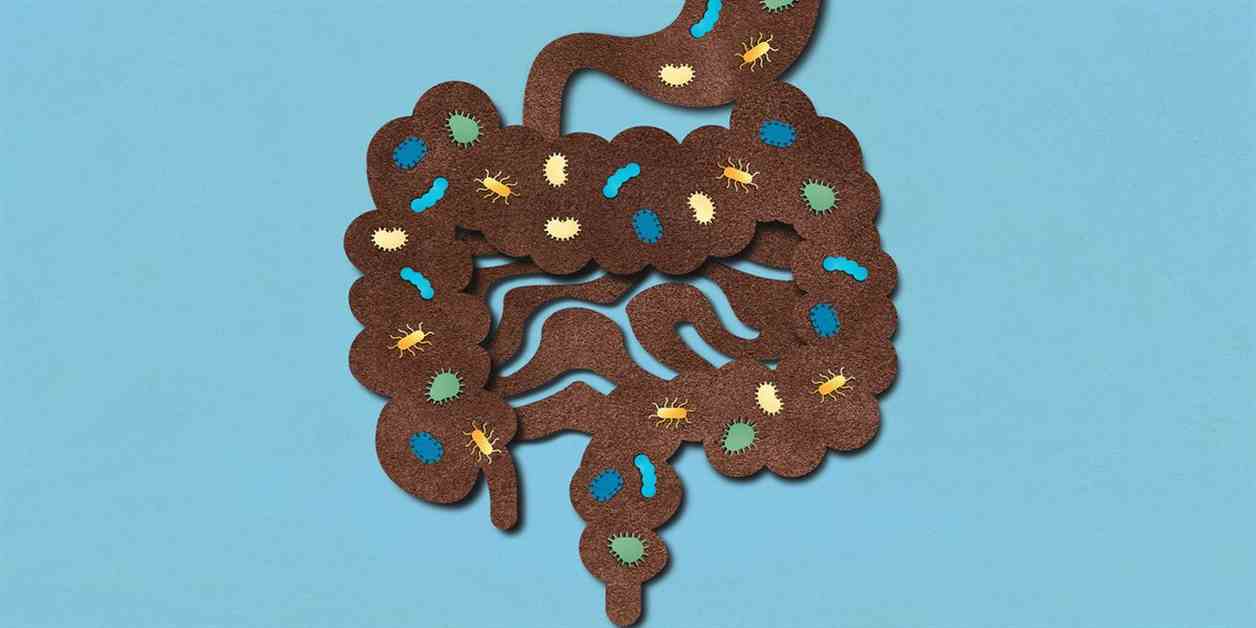Study Shows Gut Microbes from Aged Mice Can Cause Inflammation in Young Mice
Scientists have discovered that transplanting gut microbes from aged mice into young “germ-free” mice can lead to an increase in inflammation, similar to the inflammatory processes associated with aging in humans. On the other hand, young germ-free mice that received microbes from other young mice did not experience such an increase in inflammation.
The study, published in the journal Aging Cell, suggests that changes in the gut microbiome play a role in the systemic inflammation often seen in aging individuals. Researchers, led by Jacob Allen from the University of Illinois Urbana-Champaign and Thomas Buford from the University of Alabama at Birmingham, aimed to understand if alterations in the microbiome’s functional capacity could contribute to age-induced inflammation.
Previous studies have linked age-related changes in gut microbial composition to chronic inflammatory diseases like Parkinson’s and Alzheimer’s. Additionally, these changes may also play a role in conditions such as obesity, irritable bowel syndrome, and heart disease.
The research team focused on toll-like receptors, which are molecules involved in inflammatory processes in the body. They found that gut microbes from aged mice were more likely to activate TLR4, a receptor that detects bacterial cell wall components. This activation led to higher levels of inflammation and lipopolysaccharides in the blood of young mice that received aged mice’s gut microbes.
Furthermore, when the mice were treated with antibiotics, the aged mice’s gut microbiomes showed longer-lasting disruptions compared to young mice. This suggests that the microbiome of aging individuals may be less resilient to antibiotic challenges.
The study highlights the importance of understanding how age-related changes in the gut microbiome can impact long-term health and inflammation. The researchers hope that these findings will lead to further insights into the role of gut microbes in the aging process.
This groundbreaking research was supported by the National Institutes of Health and involved a team of researchers from various institutions, including the University of Illinois Urbana-Champaign and the National Children’s Hospital.
For more information, you can refer to the original news release on the University of Illinois Urbana-Champaign website.


















